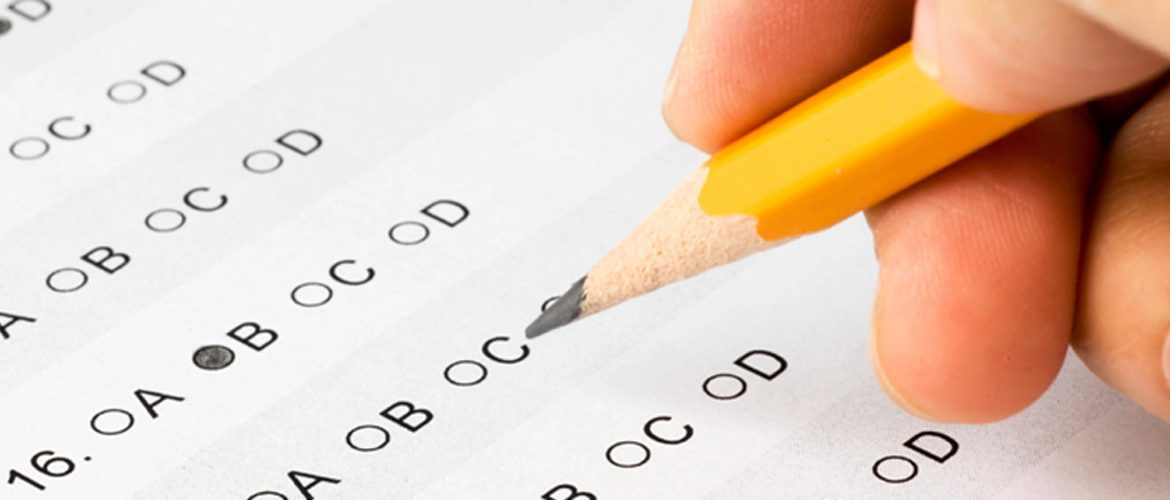Too many school tests, particularly those in primary schools, are hastily concocted and clumsily devised.

By Alex Quigley
Pub by Routledge, price £16.99
He doesn’t believe that tests are inherently bad, but says: “Many of the tests, particularly at primary school, are hastily concocted and clumsily devised.
“The children are seemingly caught in the middle as schools are heavy-handedly judged on those very same tests results.”
His own daughter did her SATs recently and he knows that it can be stressful, “but her school is dealing with it brilliantly and she’s getting on with it relatively happily too.
“The problem comes when schools, under intense political pressure, teach to the test so intensively that there’s little time for much else.
“I think the government needs to recognise that making tests harder doesn’t necessarily improve learning. If they talked and worked with teachers, I think we could find better solutions.”
Alex on teaching
 Alex is director of learning and research at Huntington School, and blogs on education here.
Alex is director of learning and research at Huntington School, and blogs on education here.
We asked him some of the big questions about schools, students and teaching…
Where do you stand on academies?
Alternatively, I work in a school that isn’t an academy but is equally as good. It’s the people and the values of the school that really matter, academy or not.
The big issue was the idea of forcing schools to become academies. That was never going to work.
But, over time, I can see all schools inevitably moving towards academy status. I just want to be in a school that does it for the right reasons.
The reality is that neither the logo on the school gates nor the type of school matters much. It’s well-supported, confident, skilled teachers in the classrooms that count.
What has changed for the better and the worse in your time as a teacher?
But, on the positive side, I think teachers are more knowledgeable than ever before. With school networks and social media making it so easy to connect, teachers are sharing ideas, resources and more to grow our professional knowledge.
And the best things have stayed the same. It’s always been, and continues to be, a privilege to work with students who are full of energy, curiosity, passion and challenge.
Even the tricky ones keep it interesting.
What are your stand-out moments from your time as a teacher in York?
What makes a great teacher?
You can gain that trust in different ways: being passionate about your subject; communicating well; orchestrating debate; and having relentlessly high standards.
At the root of all these though is a passion for your students and your subject, for learning and for sharing what you’ve learned.
Private education – good or bad?
Since then, however, I’ve worked with lots of private school colleagues and can see there’s lots of common ground. We’re all doing the same job and are happy to work together for the good of our students.
Ultimately, people are free to choose what school they send their children to. In an ideal world, I’d want state schools to be so good that there was no longer an impetus to pay for a private education.
Call it idealism, but I think we could make every school in the country great if we trusted the profession, provided sustained funding and put systematic support in place.
Would you advise a young person to be a teacher?
If you were in charge, what would you change about British schools, teaching and education?
This all costs money; it is that simple and that complex. Oh, and I’d ban highlighters – I hate the things!
